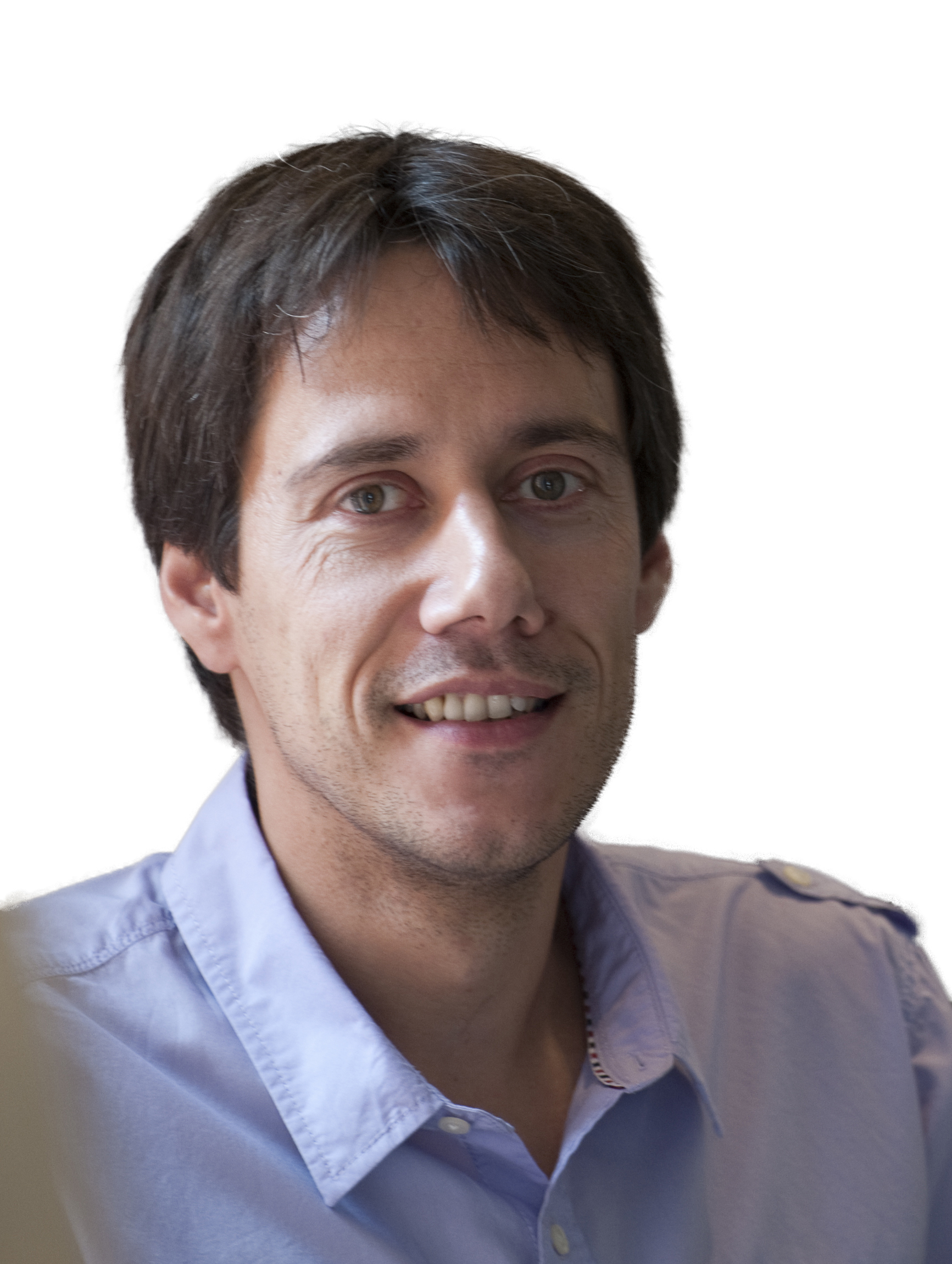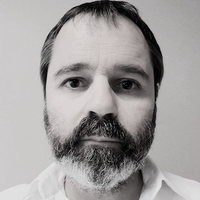
|
|
|
Plenary speakers
Plenary talk: Robustness in Scheduling Marjan van den Akker (Utrecht University, The Netherlands) [link to the video (Welcome+Plenary session)] Wednesday, April 21, 9:20 am-10:20 am (UTC+2:00) Chair: Erwin Pesch (Universität Siegen, Germany)
After her PhD in scheduling algorithms supervised by Jan Karel Lenstra, Marjan van den Akker has worked CORE (Louvain-la-Neuve) as postdoc and at the Netherlands Aerospace Centre NLR as expert on modelling, optimization, and simulation in Air Traffic Management and Electronic Road Pricing. Since 2000, she is at the Department of Information and Computing Sciences at Utrecht University. Her research area is advanced algorithms, robustness and simulation. In her research characteristics from practice are combined with state of the art theoretical models. When solving optimization problems, important side-constraints are included as much as possible, even though this increases the complexity: the goal is to push the boundary of what is computable as far as possible. To achieve this, her research includes the application of LP-based decomposition techniques such as column generation, as well as approaches using local search. The last few years, she has focused on planning and scheduling under uncertainty. Traditionally, scheduling and planning problems were modeled as problems with fixed (deterministic) data. Since in real-life situations disturbances occur frequently, robustness is receiving an increasing amount of attention. The purpose is to develop algorithms for finding solutions that, either remain valid in case of a disturbance, or can easily be adjusted to a feasible solution without having to solve the problem all over again. The question is “How can we capture uncertainty as well and efficient as possible in a deterministic model?” Her work includes applications in energy networks and public transportation, where she is supervising different PhD students including projects with companies. Her work is published in well-known international journals and conferences in Computer Science and Operations Research. She is a board member of the Dutch Network on the Mathematics of Operations Research (LNMB).
Plenary talk: Modeling and solving complex job-shop scheduling problems Stéphane Dauzère-Pérès (Ecole des Mines de Saint-Etienne, France) [link to the video Plenary + Closing session] Friday, April 23, 3:30 pm-4:30 pm (UTC+2:00) Chair: Chris Potts (University of Southampton, Great Britain)
Stéphane Dauzère-Pérès is Professor at Mines Saint-Etienne in its site of Gardanne, France, and Adjunct Professor at BI Norwegian Business School, Norway. He received the Ph.D. degree from Paul Sabatier University in Toulouse, France, in 1992 and the H.D.R. from Pierre and Marie Curie University, Paris, France, in 1998. He was a Postdoctoral Fellow at the Massachusetts Institute of Technology, U.S.A., in 1992 and 1993, and Research Scientist at Erasmus University Rotterdam, The Netherlands, in 1994. He has been Associate Professor and Professor from 1994 to 2004 at the Ecole des Mines de Nantes, France, where he headed the team "Production and Logistic Systems" between 1999 and 2004. He was invited Professor at the Norwegian School of Economics and Business Administration (NHH), Norway, in 1999. Since March 2004, he is Professor at Mines Saint-Etienne, where he headed the research department "Manufacturing Sciences and Logistics" from 2004 to 2013. His research interests broadly include modeling and optimization of operations at various decision levels (from real-time to strategic) in manufacturing and logistics, with a special emphasis on production planning (lot sizing) and scheduling and on semiconductor manufacturing. He has published nearly 80 papers in international journals and has contributed to more than 200 communications in national and international conferences. Stéphane Dauzère-Pérès has coordinated numerous academic and industrial research projects, including 4 European projects and 24 industrial (CIFRE) PhD theses, and also six conferences. In particular, he co-organized in 2010 the first edition of the International Workshop on Lot Sizing which was held in Gardanne, France. In 2014, he created with Bernardo Almada-Lobo (University of Porto, Portugal) the EURO Working Group on Lot-Sizing (LOT), that he coordinated until 2018. He was runner-up in 2006 of the Franz Edelman Award Competition, and won the Best Applied Paper of the Winter Simulation Conference in 2013. His h-index is 36.
Plenary talk: Data driven Project Management Mario Vanhoucke (Ghent University, Belgium)
Thursday, April 22, 3:30 pm-4:30 pm (UTC+2:00) Chair: Sigrid Knust (Universität Osnabrück, Germany)
Prof Dr Mario Vanhoucke is a Full Professor at Ghent University (Belgium), Vlerick Business School (Belgium) and UCL School of Management (University College London, UK). He teaches "Project Management", "Applied Operations Research" and "Decision Making for Business". He obtained a Master’s Degree in Business Engineering (1996) and a PhD in Operations Management (2001), and he was director of EVM Europe (www.evm-europe.eu) and partner at the company OR-AS (www.or-as.be) until 2018. Mario is responsible for various research projects in the field of Integrated Project Management and Control, which has led to more than 60 papers in international journals, five Project Management books published by Springer, three free online books (www.or-as.be/books), three computerised business games and an online learning platform known as PM Knowledge Center (www.pmknowledgecenter.com). His research has received multiple awards, including awards from PMI Belgium (Belgium, 2007), International Project Management Association (Italy, 2008) and the American Accounting Association (USA, 2010) and multiple awards from Belgian companies. He currently has a team of +10 enthusiastic PhD students who are jointly working on improving decision making in project management, with a strong focus on (1) developing methods to improve project scheduling, (2) analysis risk in projects and (3) validating current and newly developed statistical methods for project control.
Industrial plenary talk: Industrial project and machine scheduling with Constraint Programming Philippe Laborie (IBM France Lab, Gentilly, France)
Wednesday, April 21, 3:30 pm-4:30 pm (UTC+2:00) Chair: Pierre Lopez (LAAS-CNRS, Toulouse, France)
Philippe Laborie is a Principal Scientist at IBM. He is one of the main designers of the mathematical modeling language for scheduling problems offered in CPLEX Optimization Studio and a significant contributor to the underlying automatic search algorithm. He graduated from Telecom ParisTech in 1992, and received a PhD in Artificial Intelligence from LAAS/CNRS (Toulouse) on the integration of Artificial Intelligence Planning and Scheduling in 1995. Before joining IBM/ILOG in 1998, he worked at Electricité de France (Paris) and INRIA/IRISA (Rennes) on the Supervision and Diagnosis of complex systems (telecommunication and power distribution networks). His main scientific interests include planning, scheduling, supervision and diagnosis of complex systems and more generally, all decision problems dealing with time. He received the 2011 ICAPS Influential paper award. Philippe is member of the editorial board of the Journal of Artificial Intelligence Research and serves in the Program Committee of many conferences in AI (IJCAI, AAAI, ECAI, ICAPS, CP, CPAIOR, ...). |





